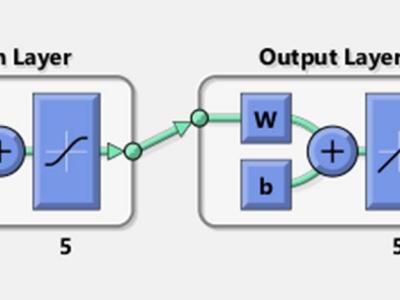Training Neural Networks for Loss Allocation in Power System

- Citation Author(s):
- Submitted by:
- Arunachalam Sundaram
- Last updated:
- DOI:
- 10.21227/9mrd-ez67
- Data Format:
- Links:
 784 views
784 views
- Categories:
- Keywords:
Abstract
Power transmission system losses can typically represent from five to ten percent of the total generation, a quantity worth millions of dollars per year. The purpose of loss allocation in the context of pool dispatch is to assign to each individual generation and load the responsibility of paying for part of the system transmission losses. Since the system losses are non-separable, non-linear functions of the real power generation and loads, the allocation of transmission loss is a challenging and contentious issue in a fully deregulated system. Loss allocation is a procedure for subdividing the system transmission losses into fractions, the cost of which then becomes the responsibilities of individual users of the power system (Gencos, Discos, and Marketers). Loss allocation does not affect generation level or power flows; however, it modifies the distribution of revenues and payments at the network buses among suppliers and consumers. This dataset presents the data used in the paper titled " ANN Based Z-Bus Loss Allocation for Pool Dispatch in Deregulated Power System" and also the data for the practical IEEE 30 bus system.
Dataset 1 (fivebus.csv)
FIve bus test system used in the paper
Dataset 2 (book30.csv)
IEEE 30 bus system
Instructions:
Available in the attached file.







